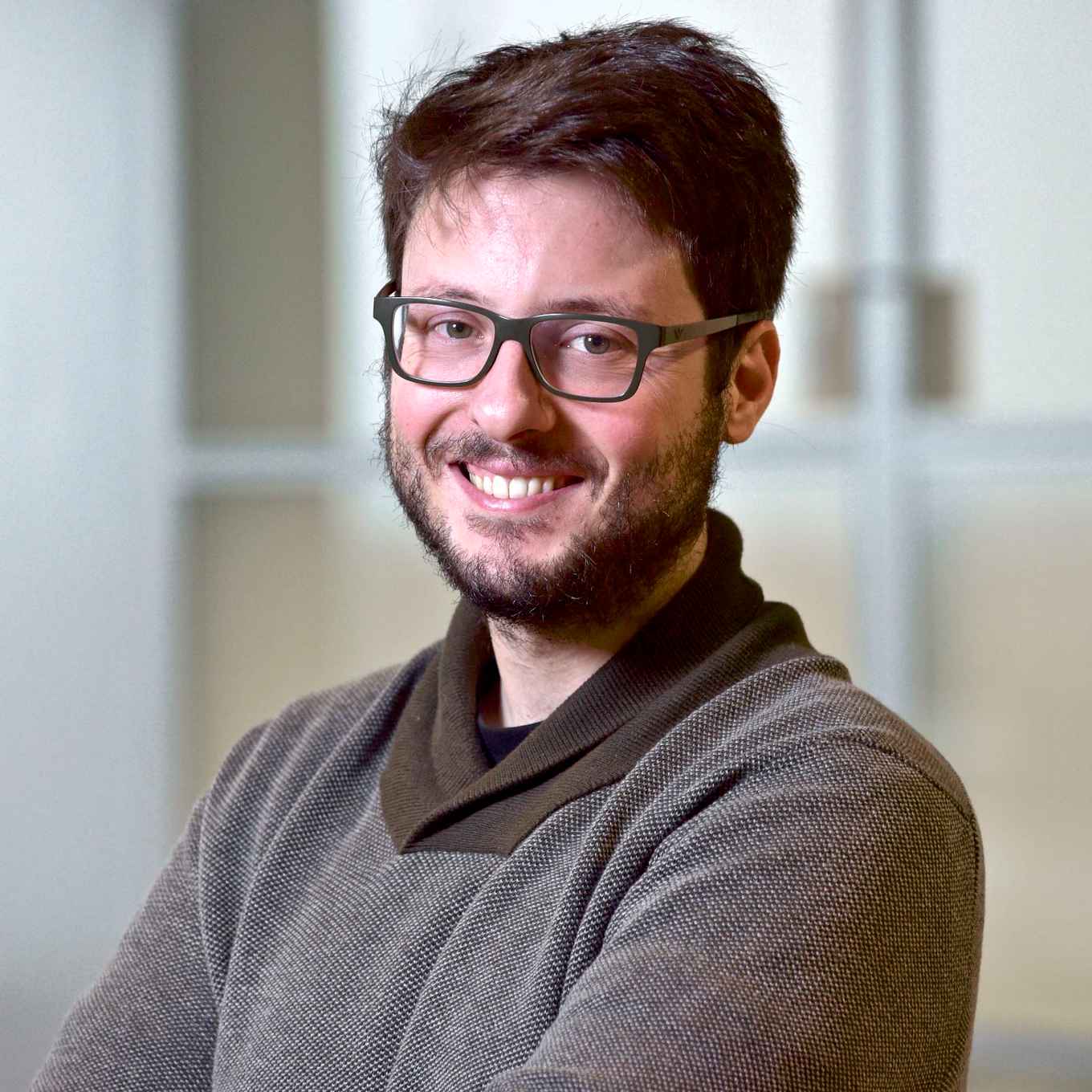Efstratios Gavves receives European Research Grant
3 September 2020

Visual artificial intelligence automatically interprets what happens in visual data such as videos. Research so far has looked at queries such as "Is this person playing basketball?", "Find the location of the cerebral infarction", or "Follow the glacier fractures in satellite images". All these queries are about visual observations of something that has already taken place. Today’s algorithms focus on explaining past visual observations. But we also want to be able to look to the future: "Is this person going to get something out of his pocket?", "Where will the tumour be in 5 seconds?", or "How and when is the glacier going to fracture?". The next generation of algorithms must be able to predict what will happen based on visual observations in the past. In this way, visual artificial intelligence should eventually also make it possible to prevent something, instead of explaining what happened afterwards. The biggest challenge here is learning temporality in visual sequences. In his project, Efstratios Gavves will focus on fundamental research questions in the computational learning of temporality and the automatic interpretation of possible future visual sequences.